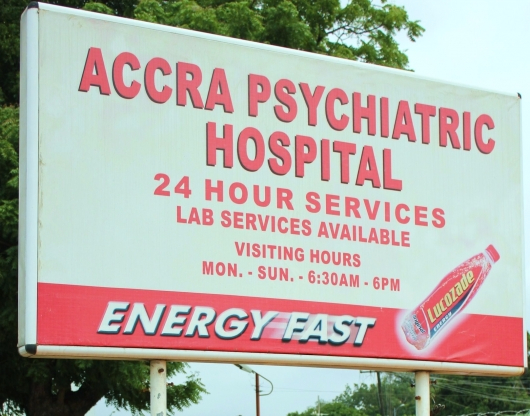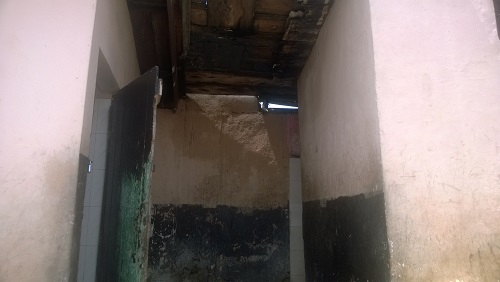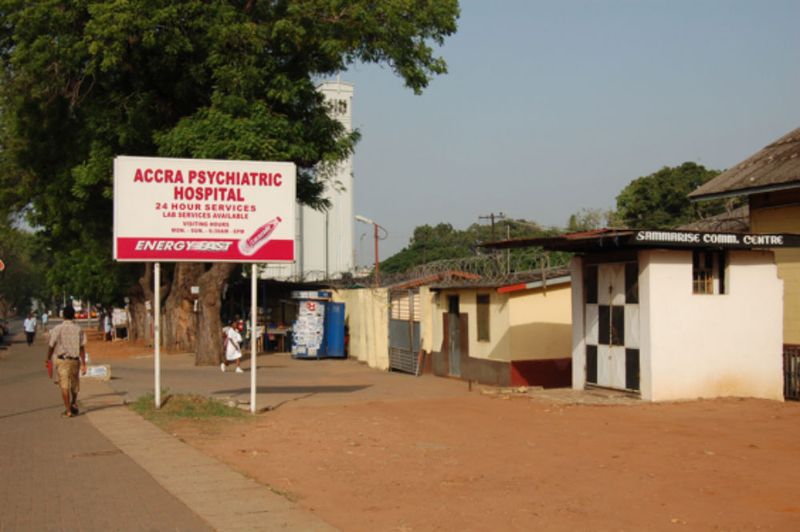He said between 2012 and 2015, funds received by the various hospitals amounted to GH¢678,600 including aid and government funds.
In his presentation, Dr Baning said inadequate funding and resources to the sector was hampering adequate and proper care and treatment of persons with mental health conditions, as enshrined in the Mental Health Act 846 and the 1992 Constitution.
Treatment gap
Currently, he said, Ghana had not done too well in mental health care.
He said the statistics showed a 98 per cent gap in treatment of mental disorder, since the prevalence of mental disorder was estimated at 10 per cent of the total population.
Denying persons with conditions of mental disorder the requisite treatment and care, he said, indirectly violated their rights.
However, he was optimistic that when the Mental Health Act was fully implemented successfully, there would be massive improvement in mental health care.
Media advised
In spite of the challenges, he said, the authorities had begun some initiatives to train medical officers to give primary care at the general hospital level, while some activities to ensure community-based treatment approach had started.
Dr Baning took the media through various types of mental disorder, including depression, personality disorder, obsessive compulsive disorder and bipolar disorder.
He advised the media to be accurate and balanced in their reportage by seeking factual information and create awareness of the symptoms of the disorders.
The Country Facilitator of the mhLAP, Mr Humphrey Kofie, said the training was to educate the media to avoid stigma-oriented reportage, stereotyping, promoting fear and mistrust and ensure appropriate report on the condition.











 (Selorm) |
(Selorm) |  (Nana Kwesi)
(Nana Kwesi)